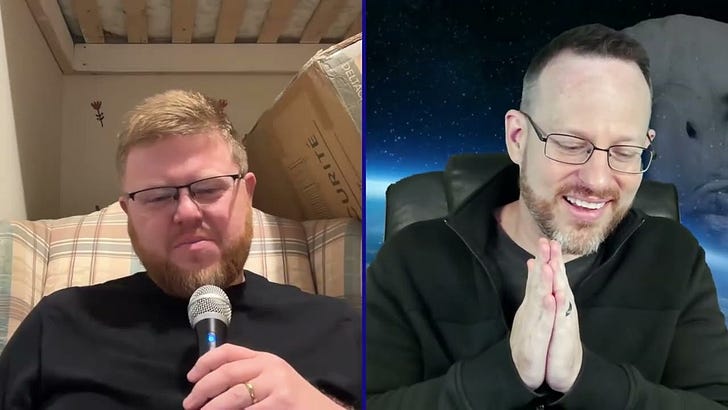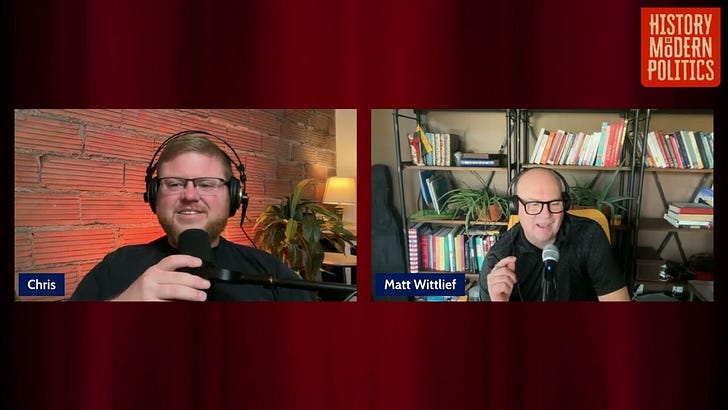In 1633, Galileo Galilei was condemned by the Roman Inquisition for teaching that the Earth revolves around the Sun. His defiance became a symbol of individual conscience against powerful institutions.
On this episode of The Chris Spangle Show, we explore the history of individualism versus collectivism — from Socrates to the Stoics, from Christianity and the Reformation to Enlightenment thinkers such as John Locke and John Stuart Mill, and into the American founding. We also explore libertarian principles of ethical individualism, free speech, and personal responsibility, contrasting them with the dangers of conformity, censorship, and control inherent in collectivism.
What you’ll learn in this episode:
Galileo’s trial and its impact on science and freedom
How Christianity and the Reformation shaped individualism
The Enlightenment’s role in liberty and natural rights
Ethical individualism vs. collectivist control
Why libertarians defend conscience, speech, and voluntary cooperation
00:00 Galileo vs. the Inquisition
01:49 The Rise of Heliocentrism
02:42 Courage, Individualism, & Libertarianism
03:33 What Is Individualism? Key Concepts
06:07 From Tribes to Individuals: History
07:36 Greek, Christian, and Enlightenment Roots
09:39 Individualism in America
10:39 Ethical Individualism Explained
13:39 Modern Challenges: Speech & Responsibility
15:31 Voluntary Association and Libertarianism
17:59 Political Individualism and Freedom
21:12 Collectivism vs. Individualism
24:03 Government Power and Group Identity
27:01 Case Study: Hong Kong’s Freedom Lost
28:59 Pros and Cons of Each Approach
30:06 Christian Critiques of Individualism
33:55 Expressive Individualism vs. Community
37:00 Individualism in Faith and Society
40:46 Voluntary Cooperation vs. Forced Conformity
41:45 The American Founding: A Radical Shift
45:42 Why Conscience and Principles Matter
47:00 Cancellations, Tribalism, and Consistency
51:00 Embracing Courage and Individual Thought
53:11 Be an Individual, Not Just a Follower
54:10 Outro & Final Thoughts










